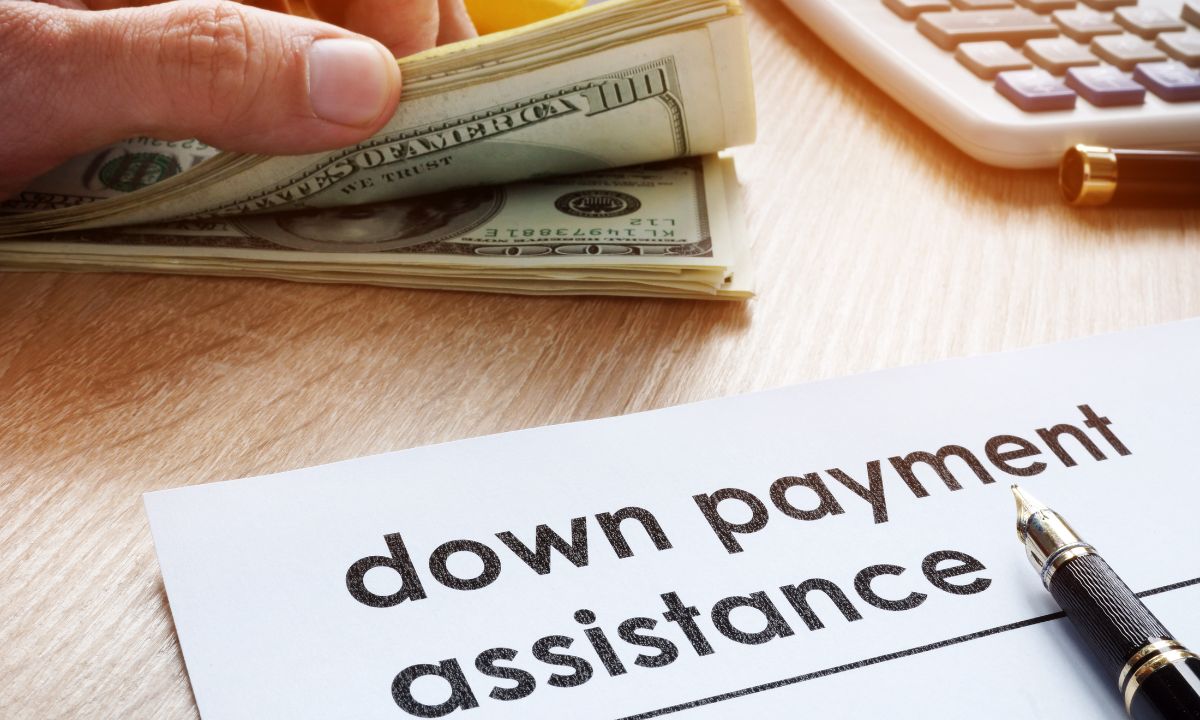Moving to a new home can be an exciting yet stressful experience—not just for you, but for your pets as well. Animals thrive on routine and familiarity, so a new environment can be overwhelming. Whether you have a dog, cat, rabbit, bird, or other pet, here are some essential tips to help them adjust smoothly and feel at home in their new surroundings.
Introduce Moving Supplies Gradually
Before the move, allow your pets to get accustomed to moving boxes, packing materials, and the changes happening around them. Sudden disruptions can cause stress, so place boxes around the house gradually and let your pets explore them at their own pace. If you have small animals, such as rabbits or guinea pigs, be mindful of where you place boxes to prevent unnecessary stress.
Stick to a Routine
Animals thrive on consistency, so maintaining their usual schedule is crucial during a move.
-
Feeding Schedule: Try to feed them at the same times each day to create stability.
-
Exercise & Playtime: Whether it’s a dog walk, interactive cat play, or outdoor time for a rabbit, keeping these activities on schedule can help reduce anxiety.
-
Sleep Routine: Keeping their bedtime routine the same will promote better rest and reduce nighttime stress.
Create a Safe Space
Setting up a designated area in your new home where your pet feels safe and comfortable can make the transition smoother. This could be:
-
A quiet corner with their favorite bed and toys for a dog or cat.
-
A secure cage or habitat for small animals, keeping it away from high-traffic areas.
-
A perch or play stand for birds to feel comfortable in their new space.
Give Them Extra Attention & Reassurance
Your pet may feel anxious or unsure in a new environment. Offering extra love, cuddles, and positive reinforcement can help ease their nerves. Cats and small animals may prefer gentle reassurance without too much handling, while dogs may benefit from additional playtime and affection.
Supervise Outdoor Exploration
If your pet is used to spending time outdoors, introduce them to their new yard or neighborhood gradually.
-
Dogs: Walk them around the perimeter of the yard on a leash before allowing free exploration.
-
Cats: Keep them indoors for at least a few weeks before introducing them to outdoor spaces.
-
Small animals: Ensure enclosures are escape-proof and free from potential dangers in the yard.
Monitor for Signs of Stress
Even with careful preparation, pets may show signs of stress after a move. Watch for symptoms like excessive panting, hiding, loss of appetite, or unusual behavior. If these signs persist, consult a veterinarian for guidance.
Be Patient and Positive
Every pet adjusts at their own pace. Be patient, provide plenty of reassurance, and avoid scolding for any accidents or behavioral changes. With time, your pet will grow comfortable and feel at home in their new space.
Moving is a big transition for both humans and animals, but with love and patience, your pets will soon settle in and enjoy their new home just as much as you do!
 Would you feel comfortable living near a cemetery, or does the idea give you pause? For some, it’s no issue, while others might consider it a deal-breaker.
Would you feel comfortable living near a cemetery, or does the idea give you pause? For some, it’s no issue, while others might consider it a deal-breaker. As the year comes to a close, it’s the ideal time to take a step back and assess your financial situation, especially if you’re planning to buy real estate in the coming year. Whether you’re a first-time homebuyer, looking for an investment property, or aiming to upgrade, being financially prepared can make all the difference.
As the year comes to a close, it’s the ideal time to take a step back and assess your financial situation, especially if you’re planning to buy real estate in the coming year. Whether you’re a first-time homebuyer, looking for an investment property, or aiming to upgrade, being financially prepared can make all the difference. Whether you’re looking to downsize to a smaller space or upgrade to a larger home, both decisions come with their own set of considerations. Knowing the right timing, understanding the current market, and being well-prepared can make the transition smoother. Here are some insights to help you navigate either path with confidence:
Whether you’re looking to downsize to a smaller space or upgrade to a larger home, both decisions come with their own set of considerations. Knowing the right timing, understanding the current market, and being well-prepared can make the transition smoother. Here are some insights to help you navigate either path with confidence: Renting a home is a good option for some, but buying a home just might be the best thing for you. When you rent a home, you send money to someone else every month in exchange for knowing that you can call on your landlord when the roof leaks, an appliance stops working or your bathroom faucet breaks.
Renting a home is a good option for some, but buying a home just might be the best thing for you. When you rent a home, you send money to someone else every month in exchange for knowing that you can call on your landlord when the roof leaks, an appliance stops working or your bathroom faucet breaks. When it comes to purchasing a new home, tapping into your retirement savings can seem like a quick fix. However, this decision can have long-term repercussions on your financial future. Instead of withdrawing from your retirement, consider these smarter financial strategies to fund your home purchase.
When it comes to purchasing a new home, tapping into your retirement savings can seem like a quick fix. However, this decision can have long-term repercussions on your financial future. Instead of withdrawing from your retirement, consider these smarter financial strategies to fund your home purchase. Have less-than-optimal credit? That doesn’t necessarily mean you have to put your dreams of homeownership on pause. While buying a home with bad credit can be challenging, it’s certainly not impossible. Understanding your options and preparing adequately can turn this daunting task into an achievable goal.
Have less-than-optimal credit? That doesn’t necessarily mean you have to put your dreams of homeownership on pause. While buying a home with bad credit can be challenging, it’s certainly not impossible. Understanding your options and preparing adequately can turn this daunting task into an achievable goal. Transitioning from renting to homeownership is an exciting and significant milestone in anyone’s life. This journey, while thrilling, can also be filled with questions and uncertainties. As your trusted real estate agent, I am here to guide you through this process, ensuring a smooth and successful transition. We will discuss the steps you need to take to move from being a renter to a proud homeowner.
Transitioning from renting to homeownership is an exciting and significant milestone in anyone’s life. This journey, while thrilling, can also be filled with questions and uncertainties. As your trusted real estate agent, I am here to guide you through this process, ensuring a smooth and successful transition. We will discuss the steps you need to take to move from being a renter to a proud homeowner. Selling a home can be a roller coaster of emotions, especially when it comes to the appraisal process. Homebuyers and sellers alike are keenly aware of the importance of a successful appraisal, as it can make or break a deal. To help ensure your home appraises for the highest possible value, here are three tips every homeowner should consider.
Selling a home can be a roller coaster of emotions, especially when it comes to the appraisal process. Homebuyers and sellers alike are keenly aware of the importance of a successful appraisal, as it can make or break a deal. To help ensure your home appraises for the highest possible value, here are three tips every homeowner should consider. With all of the economic uncertainties, many homeowners find themselves facing financial hardships that impact their ability to meet mortgage payments. Whether it’s due to job loss, medical emergencies, or other unexpected circumstances, the fear of losing one’s home can be overwhelming. Fortunately, there’s a lifeline available in the form of mortgage forbearance.
With all of the economic uncertainties, many homeowners find themselves facing financial hardships that impact their ability to meet mortgage payments. Whether it’s due to job loss, medical emergencies, or other unexpected circumstances, the fear of losing one’s home can be overwhelming. Fortunately, there’s a lifeline available in the form of mortgage forbearance.